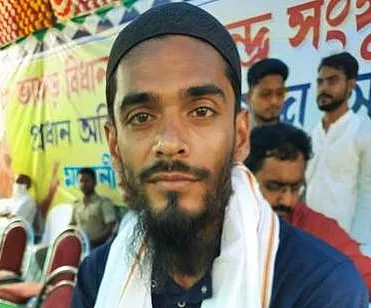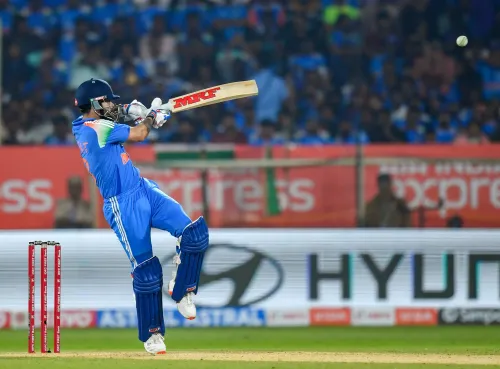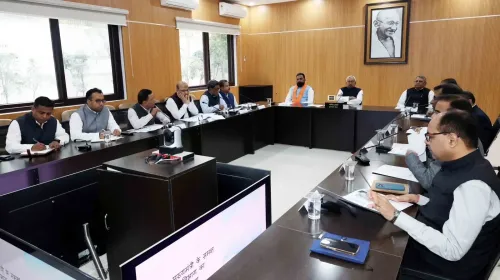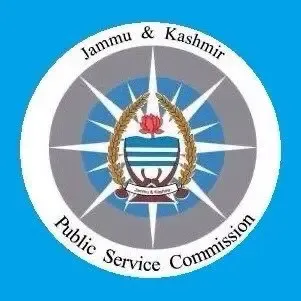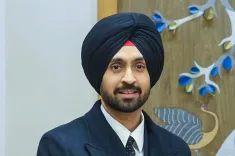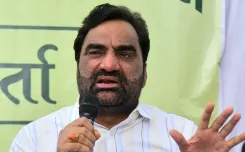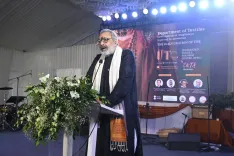How has India become a bridge-builder in the UN Human Rights Council?
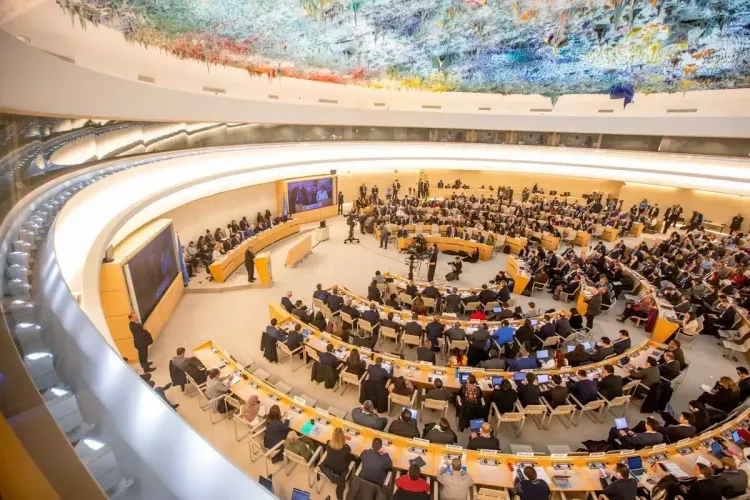
Synopsis
Key Takeaways
- India has been elected to the HRC for the seventh time.
- The election reflects India's commitment to human rights and global dialogue.
- India’s approach is based on its constitutional values promoting justice and equality.
- The HRC serves as a platform for addressing human rights issues globally.
- India emphasizes the philosophy of ‘Vasudhaiva kutumbakam’.
United Nations, Oct 15 (NationPress) India has been elected unopposed to the Human Rights Council (HRC) for the seventh time, beginning a three-year term next year as a testament to its commitment to being a bridge-builder.
Upon the announcement of India’s election by the General Assembly on Tuesday, Permanent Representative P Harish stated, “This election is indicative of India’s steadfast dedication to human rights and fundamental freedoms.”
He further expressed in a post on X, “We are eager to fulfill this objective throughout our tenure.”
In making its nomination, India proclaimed that its candidacy “demonstrates India’s determination to promote the principles of human rights worldwide, encouraging dialogue and bridging divides to attain collective progress.”
“India’s enduring philosophy of ‘Vasudhaiva kutumbakam’ (‘The world is one family’) highlights its unwavering dedication to global unity, transparency, and mutual respect,” it elaborated.
India emphasized that its commitment to human rights is embedded in its constitution, which “ensures the fundamental rights of its citizens while advocating the ideals of justice, liberty, and equality.”
The HRC, based in Geneva, is the principal UN body dedicated to promoting and safeguarding human rights globally, examining the situations in member states, and providing a platform for discussion on pertinent issues.
Seats on the council are allocated by region, with 17 seats for Asia-Pacific nations, four of which were up for election this year according to the rotation system.
Despite being unopposed for one of the four Asia-Pacific group seats, India secured 177 votes out of 188 during the proforma voting process held in accordance with the rules.
India last participated in the HRC in 2024, completing a second consecutive term.
As countries are restricted from serving more than two consecutive terms, India opted for a break this year and contested for the term commencing next year.
The HRC was established by the General Assembly in 2006, marking India’s inaugural term.
On Tuesday, 13 other countries were also elected, including Angola, Britain, Chile, Ecuador, Egypt, Estonia, Iraq, Italy, Mauritius, Pakistan, Slovenia, South Africa, and Viet Nam.
The polarization affecting the UN system is mirrored in the HRC, where India has committed to bridging these divides.
In February, US President Donald Trump declared that the United States would cease its engagement with the HRC.


